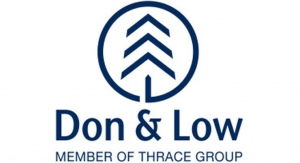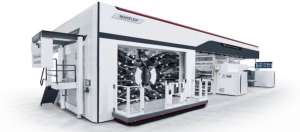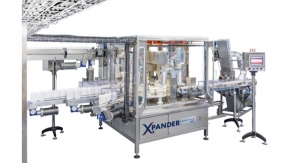01.12.21
Fitesa will add a state-of-the art Reicofil 5 spunmelt nonwovens line at its site in Simpsonville, SC. Start up for the new line is planned for the second half of next year. Executives are describing the new machine as one-of-a-kind due to the unique versatility in producing differentiated materials for a wide range of applications and markets. One key feature is the capacity to convert bio and circular polymers into high quality and high productivity spunbond nonwovens.
“Fitesa is once again ‘walking the talk’ by heavily investing to support our customers’ growth with additional capacity and innovative technological capabilities,” says Ricardo Fasolo, vice president for the U.S. and Canada. “This machine will be able to produce some of the world’s most advanced nonwovens at commercial scale—with a keen focus on sustainability and circularity.”
The Simpsonville facility hasn’t been a stranger to expansion. Since 2011, more than 80,000 metric tons of capacity have been installed with 138 jobs created. Most recently, Fitesa started a meltblown line there to supply nonwovens for the production of face masks and respirators. Elsewere in the world, Fitesa is adding spunbond capacity in Brazil as well as meltlown lines in Brazil, Germany and Italy as part of a 55,000-ton global expansion plan announced in November.
“Fitesa is once again ‘walking the talk’ by heavily investing to support our customers’ growth with additional capacity and innovative technological capabilities,” says Ricardo Fasolo, vice president for the U.S. and Canada. “This machine will be able to produce some of the world’s most advanced nonwovens at commercial scale—with a keen focus on sustainability and circularity.”
The Simpsonville facility hasn’t been a stranger to expansion. Since 2011, more than 80,000 metric tons of capacity have been installed with 138 jobs created. Most recently, Fitesa started a meltblown line there to supply nonwovens for the production of face masks and respirators. Elsewere in the world, Fitesa is adding spunbond capacity in Brazil as well as meltlown lines in Brazil, Germany and Italy as part of a 55,000-ton global expansion plan announced in November.







